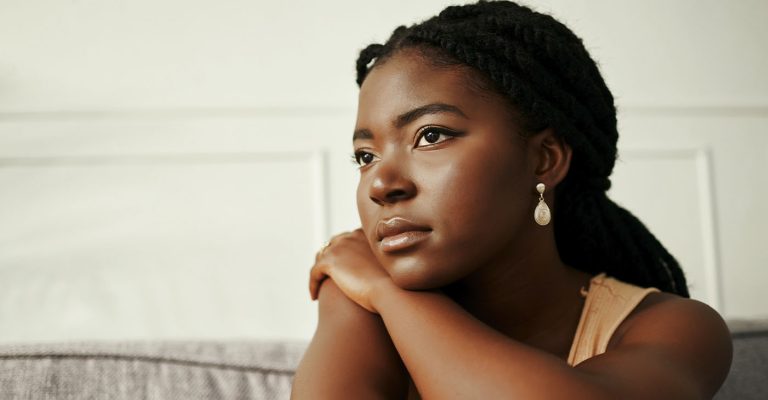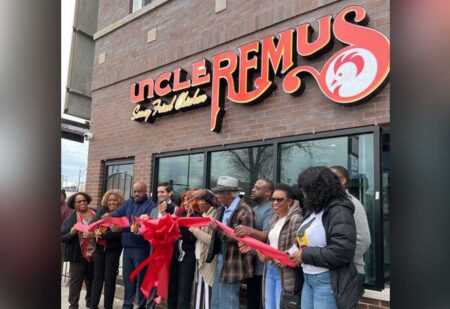By Monique LeNoir, African American Wellness Project
As a Black woman, I felt compelled to write this article after reading the heartbreaking news about Tyra Spaulding, the former Miss Universe Jamaica contestant who died after publicly sharing her struggles with mental health. I also recalled Cheslie Kryst, Miss USA 2019, who died by suicide at only 30. Two young women who seemed happy and accomplished on the outside were, in truth, battling pain within. Their deaths are painful reminders that depression is real and that even those who appear to have everything can be suffering in silence.
This year has been heavy for so many of us. Between the nonstop political news cycle, the pressures of returning to office life, persistent racial injustice, and the violence and division that weigh on our communities, the stress feels unrelenting for Black women, who so often hold families, careers, and communities together; that stress compounds in ways that can be overwhelming. But too often, we don’t stop. We ignore the signs. We push through exhaustion. We tell ourselves it’s just stress, that we don’t have time to deal with it, or that talking about it would make us look weak. We keep going, caring for others, excelling at work, holding it all together, while quietly breaking down inside.
The statistics make clear just how urgent this issue is:
- More than 7 million Black and African American individuals in the U.S. live with a diagnosable mental health condition such as depression, anxiety, bipolar disorder, or schizophrenia.
- Black women are more likely than other women to report symptoms of depression, but are less likely to receive treatment.
- In a national survey, nearly half of Black women who rated their mental or physical health as “fair” or “poor” reported experiencing at least one negative consequence from bias in a medical encounter.
- Only 4% of psychologists in the U.S. are Black, limiting access to culturally competent providers.
- Among adolescents, Black girls are nearly twice as likely as their male peers to attempt suicide.
These are not just numbers—they are us, our sisters, daughters, mothers, and friends. They remind us that strength and success do not shield us from struggle.
So, what can Black women do if they are struggling?
- Start with self-awareness. Pay attention to changes in your appetite, energy, or mood. Exhaustion and persistent sadness are warning signs.
- Talk about it. Share how you’re feeling with someone you trust—a friend, a family member, a pastor, or a counselor. Speaking the words out loud is a powerful first step.
- Seek professional support. Therapy and counseling can help, especially with providers who understand cultural context. If affordability is an issue, look for community health centers, nonprofits, or online services with sliding-scale options.
- Build supportive routines. Regular exercise, journaling, prayer, meditation, and prioritizing rest can all help support mental health.
At the African American Wellness Project (AAWP), we know that breaking this silence is critical. Founded for us and by us, AAWP was created to close the gap in health disparities and provide trusted knowledge, tools, and resources so our community can take charge of its health. Our Mental Health Resource Hub connects people with information, checklists, and organizations designed to meet our unique needs.
As AAWP founder Dr. Michael LeNoir has said:
“Depression is not a weakness. It is an illness that requires care, just like diabetes, stroke, or cancer. We must remove the stigma and shed light that getting help is not giving up, it’s fighting back.” And if you or someone you know is in immediate crisis, call or text 988 to reach the Suicide & Crisis Lifeline, available 24 hours a day, or dial 911 in life-threatening emergencies. Black women, we do not have to carry everything alone. You are allowed to rest. You are allowed to feel. You are allowed to not be “strong” all the time. Depression is real, but so is recovery. And let’s be clear: our healing is not optional, it’s essential.
For more resources and support, visit aawellnessproject.org.







